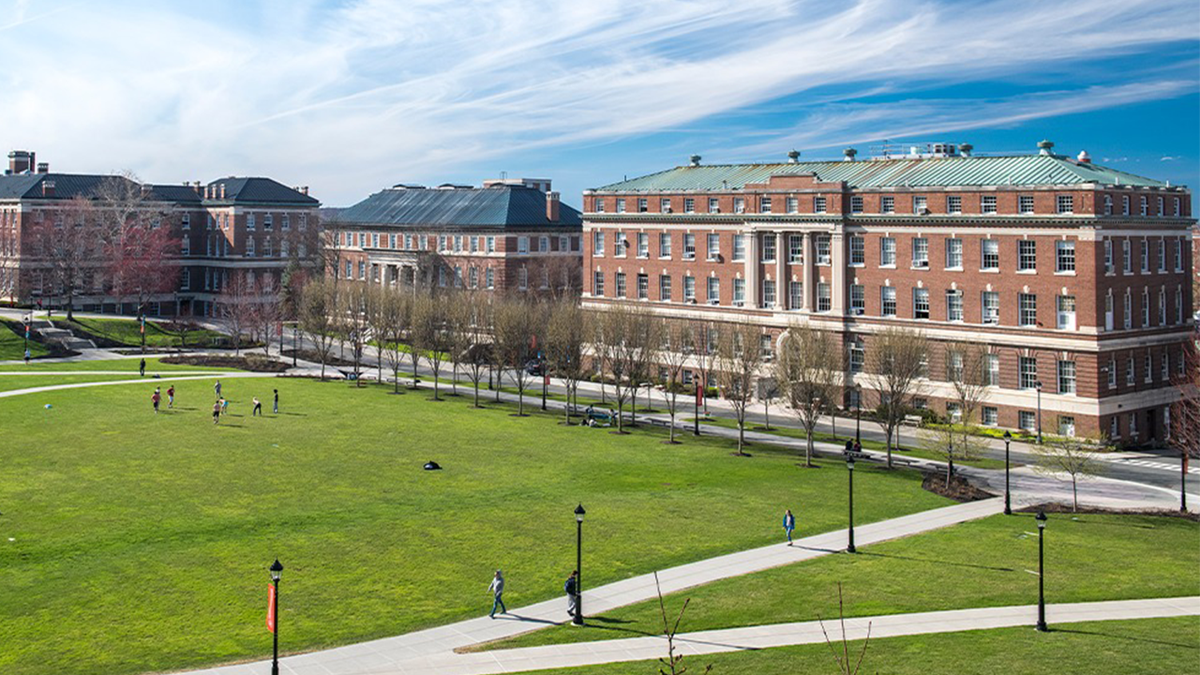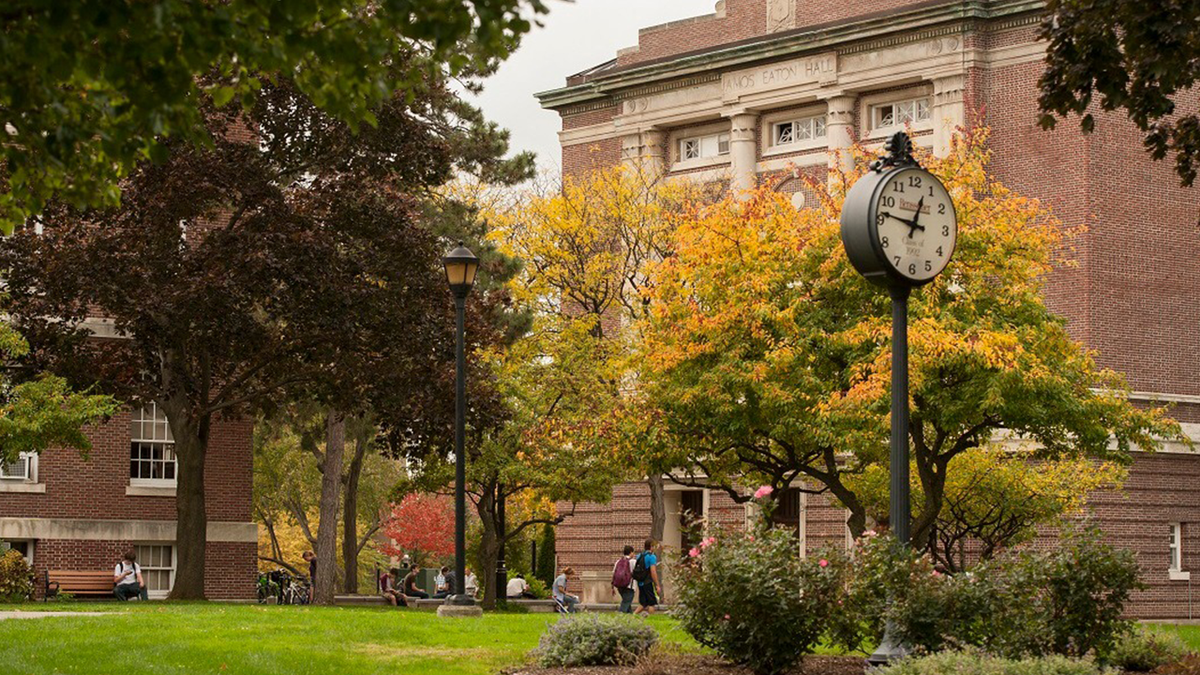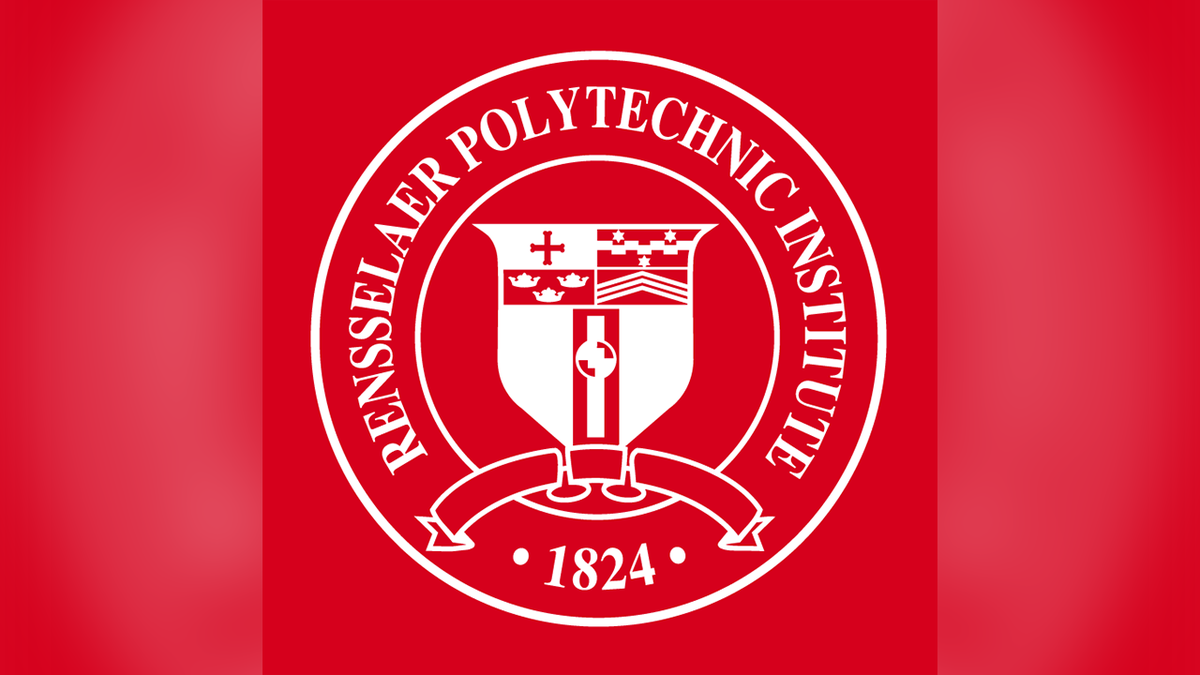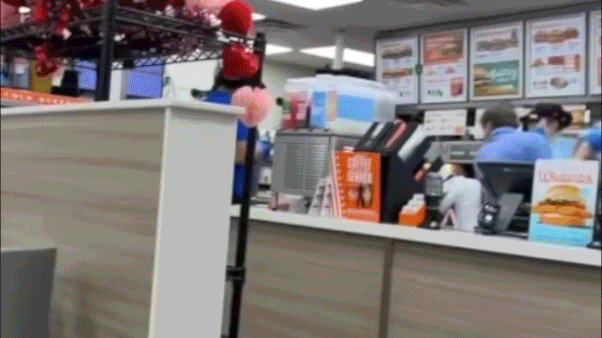Fox News Flash top headlines for June 25
Fox News Flash top headlines are here. Check out what's clicking on Foxnews.com.
A janitor cleaning in a laboratory at a university in Troy, New York, is accused of damaging at least $1 million in scientific research after shutting off the storage freezer while trying to turn off a constant beeping noise, according to a lawsuit.
The Rensselaer Polytechnic Institute filed the lawsuit against Daigle Cleaning Services, the outside firm that employed the cleaner, The New York Post reported.
When the cleaner shut off a circuit breaker on Sept. 17, 2020, the freezer was storing cell cultures, samples and other research elements at minus-112 degrees Fahrenheit. The temperature reportedly rose to minus-25.6 degrees Farenheit after the freezer was turned off – damaging or destroying all of its contents, the lawsuit alleges.
A sign on the door to the lab's freezer allegedly explained the source of the alarm and included instructions on how to silence it if necessary.

A janitor cleaning in a laboratory at the Rensselaer Polytechnic Institute switched off a beeping sound on a super-cold freezer, which led to the destruction of decades of scientific research and at least $1 million in damages. (Rensselaer Polytechnic Institute)
"This freezer is beeping as it is under repair. Please do not move or unplug it. No cleaning required in this area," the sign allegedly read. "You can press the alarm/test mute button for 5-10 seconds if you would like to mute the sound."
RPI's attorney, Michael Ginsberg of the law firm Pattison, Sampson, Ginsberg & Griffin, told the Times Union in Albany that it will take an estimated $1 million to recreate the research on photosynthesis.
"People's behavior and negligence caused all this. Unfortunately, they wiped out 25 years of research," Ginsberg told the outlet.
Professor K.V. Lakshmi's lab is located in the research center, where her materials were stored in the freezer at a temperature of minus-112 degrees Fahrenheit. Alarms were set to go off at minus-108.4 degrees Fahrenheit and minus-115.6 degrees Fahrenheit as a swing above or below those numbers could damage or destroy the samples.

The Rensselaer Polytechnic Institute filed the lawsuit against Daigle Cleaning Services, the outside firm that employed the cleaner. (Rensselaer Polytechnic Institute)
The freezer alarm went off on Sept. 14, 2020, when the temperature rose to minus-108.4 degrees Fahrenheit, but Lakshmi determined that the cell cultures, samples and research were not being harmed, according to the lawsuit.
After the beeping sound continued on, the professor contacted the freezer manufacturer to request emergency repairs, which were ultimately scheduled for Sept. 21, 2020.
Lakshmi's graduate research staff discovered on Sept. 18, 2020, the day after the cleaner cut electricity to the freezer, that the temperature had risen. Her staff attempted to save the research materials, but "a majority of specimens were compromised, destroyed and rendered unsalvageable demolishing more than 20 years of research," the lawsuit claims.

Daigle had a $1.427 million contract with Rensselaer Polytechnic Institute for the 2020 fall semester in order to clean the school's facilities. (Rensselaer Polytechnic Institute)
The cleaner told RPI’s public safety staff that he heard "annoying alarms" and went to the open electrical box to stop the incessant beeping. The cleaner mistakenly believed he was turning on the electrical breakers when he had turned them off instead.
The investigation conducted by the safety staff determined the cleaner made an error in reading the electrical box.
"At the end of the interview, he still did not appear to believe he had done anything wrong but was just trying to help," the report stated.
CLICK HERE TO GET THE FOX NEWS APP
Daigle had a $1.427 million contract for the 2020 fall semester to clean the school's facilities, the Post reported. The deal included a chemistry-biology research center called the Cogswell Building.












































